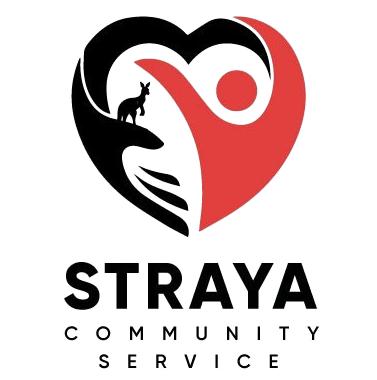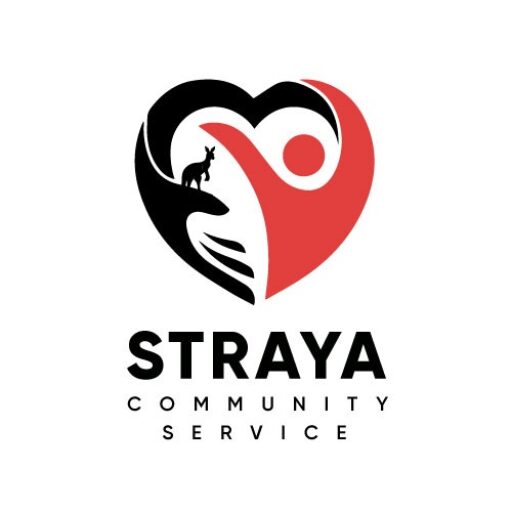
12/03/2024
Support Coordination
Support Coordination
Support Coordination is a key component of the National Disability Insurance Scheme (NDIS) designed to help participants make the most of their NDIS plans by connecting them with the right services and supports. Here’s a detailed look at what Support Coordination involves and how an NDIS Support Coordinator can assist participants:
What is Support Coordination?
Support Coordination is a service provided under the NDIS to help participants understand and implement their NDIS plans. It focuses on building the participant’s ability to manage their own supports, navigate the NDIS system, and connect with a range of community, government, and mainstream services.
Types of Support Coordination
There are three levels of Support Coordination under the NDIS:
- Support Connection Level 1: This helps participants build their ability to connect with informal, community, and funded supports, and to navigate the NDIS system.
- Support Coordination Level 2: This involves a higher level of assistance to implement the NDIS plan, including building the participant’s ability to manage supports and achieve greater independence.
- Specialist Support Coordination Level 3: This is for participants with complex needs, providing specialized support to manage challenges and ensure consistent delivery of supports.
How an NDIS Support Coordinator Can Help Participants
- Understanding the NDIS Plan:
- A Support Coordinator helps participants understand the details of their NDIS plan, including the types of supports funded and how to use the funding effectively.
- Connecting with Providers:
- They assist in finding and connecting with suitable service providers that meet the participant’s needs and preferences.
- This includes negotiating service agreements and ensuring that services are delivered as agreed.
- Building Capacity:
- Support Coordinators work on building the participant’s capacity to manage their own supports, make informed decisions, and increase their independence over time.
- Coordinating Services:
- They coordinate various supports and services to ensure they work together seamlessly.
- This includes mainstream services like healthcare, education, and employment, as well as informal supports from family and friends.
- Monitoring Progress:
- A Support Coordinator monitors the participant’s progress towards their goals and helps adjust the plan if necessary to ensure it remains relevant and effective.
- They can assist with preparing for plan reviews by documenting outcomes and recommending changes based on the participant’s experiences and evolving needs.
- Crisis Management:
- In situations where participants face crises or unexpected changes in their circumstances, Support Coordinators provide critical support to manage these situations and ensure continuity of care.
- Advocacy:
- They advocate on behalf of the participant to ensure they receive the necessary supports and that their rights and preferences are respected.
- Linking to Community and Mainstream Supports:
- Beyond funded supports, Support Coordinators help participants access community resources, social groups, and other activities to enhance their social inclusion and participation.
In summary, NDIS Support Coordination is a vital service that empowers participants to effectively utilize their NDIS plans, build their independence, and achieve their goals. A Support Coordinator plays a crucial role in navigating the complexities of the NDIS, connecting participants with the right supports, and ensuring a holistic approach to their care and development
Book An Appointment
Would you need any assistance regarding queries related to NDIS. Please Click on the button below

